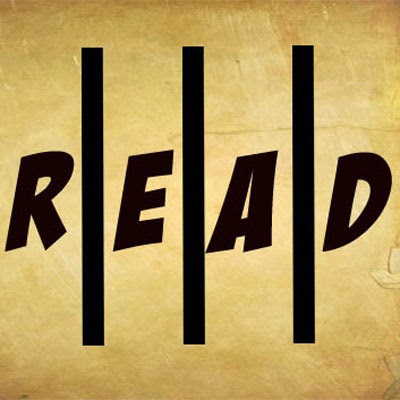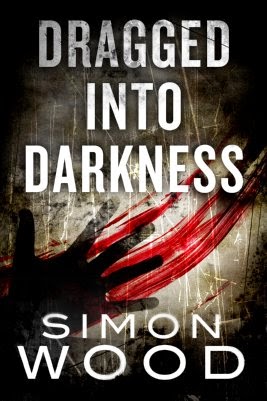
Several of my stories from DRAGGED INTO DARKNESS are being used in the classroom environment to teach students about literature. Wow, can you say, a feather in your cap?
It’s quite a compliment to learn that my work is being used for literary study, especially at the university level. It’s weird that my stories have made it into a university classroom when I never did.
The stories are being used in an honors English program in a class for interpretive reading. The students select a piece from a bunch of stories and remark on the symbolism in the story and the crux of what the author intended to say.
Seeing as I’m alive and not dead, the professor asked if I wanted to see a summary of what the students had found in my work. Furthermore, the professor asked if I wanted to remark on their findings because the students wanted to know if they were right with their interpretations.
I wasn’t sure at first. These were students (with an education) viewing what I write on an academic level. I don’t write that way. I write stories because I’ve thought of a great idea for a story and I want to tell it. I write genre fiction, because I like genre fiction. I’m not trying to be literary. I’m trying to be entertaining. Even though the thought of clever minds picking through my stories sounded as appetizing as hearing about an analysis of my stomach contents, I said sure. Deep down, I was flattered by the fact the university was using my stories and I wanted to hear what they thought.
“Bring it on,” I said.
Hmm. The results weren’t what I was expecting. Their analysis was very complimentary. They said some very nice things, but boy, did they read a lot into those stories. They formulated theories and concepts that sounded so convincing that I almost believed them. It sounded great. I came off as a genius. But they read far more into the pieces than I had intended.
I know it’s said for truth, read fiction. Animal Farm was an allegory for Stalin’s corruption of communist Russia and not a child’s fairytale, although it can be read as both.
Students saw a heavy Christian message because of the perceived Catholic symbolism in one story and detailed a compelling argument for it. The problem is that I’m not a Catholic and it had nothing to do with the story. When another of my stories was selected, I asked the professor if they’d made a connection between the story and the war in Iraq.
“They did,” the professor said. “And was there one?”
“No,” I replied. “I could just see where they might get that idea.”
It’s made me wonder if these interpretations say more about the reader than the writer.
This isn’t to say their interpretations are wrong or that my stories are entirely shallow, escapist fun. It’s just that my inspiration for a story comes from strange places, personal experiences, half conversations, backhand remarks, other people’s lives, or a sandwich I had last week. From that I’ll think of an interesting premise and inject a conflicting character into that situation. And from that I hope to have an interesting tale. I try not to inject an agenda into my stories, because when I read them all I see is the agenda and I’ve crossed the line from entertainment to a sermon and I don’t want that. I’m a storyteller, not a politician or a preacher.
This experience has made me a little self conscious about the lines I read between when I’m reading other people’s work. Do my assumptions go beyond what the writer intended? Because sometimes, a story is just a story and nothing more.



